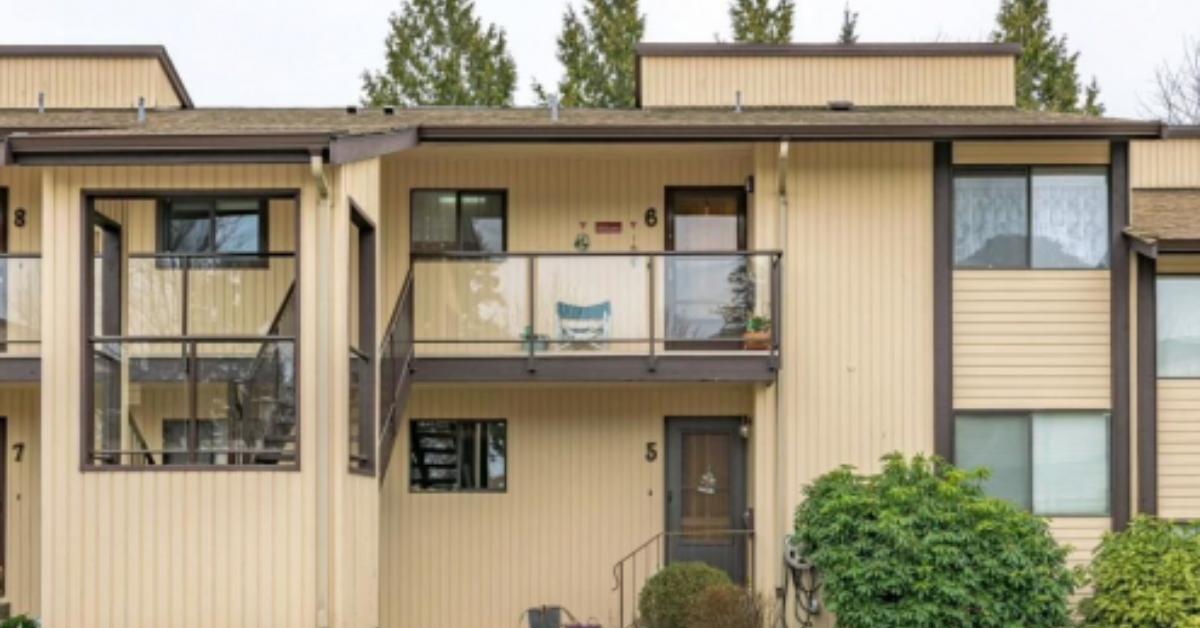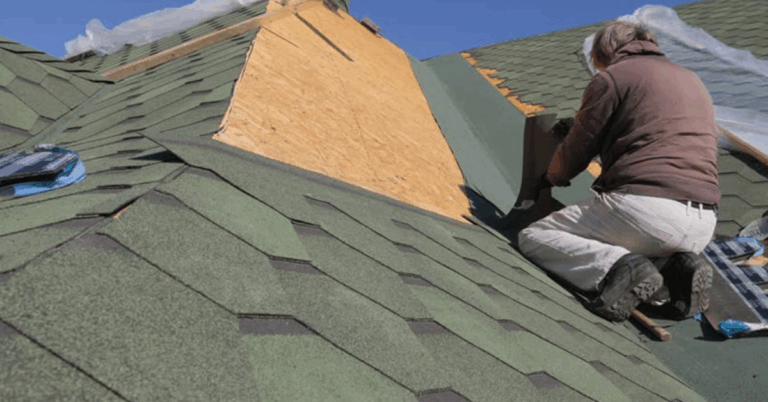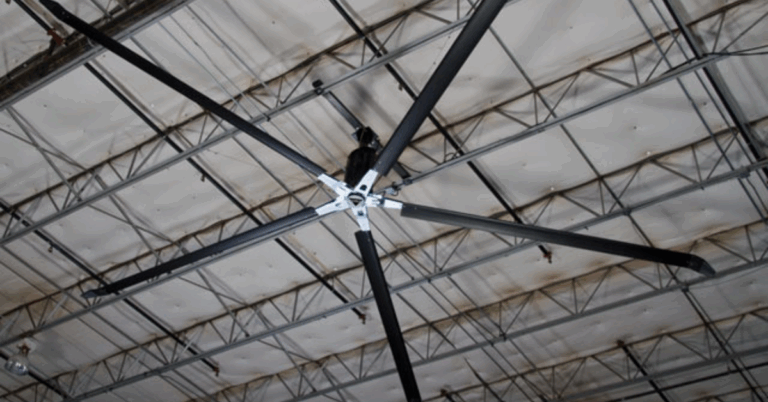My House Isn’t Selling – What Could Be Going Wrong and How to Fix It
Selling a house can be a stressful experience, especially when the property sits on the market for longer than expected. If you’ve listed your house, staged it beautifully, and even adjusted the price, but My House Isn’t Selling, you might be wondering what’s holding back potential buyers. Fortunately, there are several common reasons why a house may not be selling — and most of them have practical solutions.
Common Reasons Why Your House Isn’t Selling
1. Overpriced Listing
One of the most common reasons a house doesn’t sell is that it’s priced too high. Buyers today are well-informed, and if they feel the price isn’t justified based on comparable properties in the area, they will simply move on.
Solution:
Research similar homes in your neighborhood to ensure your asking price is competitive.
Work with a real estate expert to adjust the price if needed.
Consider lowering the price slightly to attract more interest.
2. Poor Curb Appeal
First impressions matter. If the exterior of your home looks worn out or uninviting, buyers may lose interest before they even step inside.
Solution:
Mow the lawn, trim bushes, and clean up any debris.
Repaint the front door and clean the windows.
Add potted plants or flowers to make the entrance more inviting.
3. Outdated Interiors
Buyers are often looking for homes that are move-in ready. If your house has outdated fixtures, old carpets, or an out-of-style kitchen, it might turn buyers away.
Solution:
Make small but impactful updates, such as replacing light fixtures and cabinet handles.
Give the walls a fresh coat of neutral paint.
Upgrade kitchen appliances if your budget allows.
4. Bad Listing Photos
Since most buyers start their search online, poor-quality listing photos can significantly reduce interest.
Solution:
Hire a professional photographer to capture high-quality images.
Ensure the house is well-lit and clean before taking photos.
Highlight the best features of the property, such as natural light, spacious rooms, or a landscaped backyard.
5. Cluttered or Over-Personalized Space
Buyers want to envision themselves living in the house. If the space is filled with personal items or clutter, it may be hard for them to connect with it.
Solution:
Declutter and remove personal items like family photos and collectibles.
Keep the decor simple and neutral.
Consider staging the home with modern furniture and decor.
6. Unpleasant Odors
Strong smells from pets, smoke, or cooking can be off-putting to potential buyers.
Solution:
Deep clean the house, including carpets and upholstery.
Use subtle air fresheners or open windows to let in fresh air.
Avoid cooking strong-smelling foods before a showing.
7. Poor Marketing Strategy
Even a beautiful home can sit on the market if it’s not being marketed effectively.
Solution:
Ensure the listing is visible on major real estate platforms.
Use social media and targeted online ads.
Highlight the best features of the home in the listing description.
8. Bad Timing
The real estate market is affected by seasonal trends. If you’ve listed your house during a slow period, it may take longer to sell.
Solution:
If possible, list your home during the spring or summer when buyer activity is higher.
Be patient and adjust your strategy based on market feedback.
How to Turn Things Around
- Adjust the Price – If your house has been sitting on the market for more than 30 days without offers, it might be time to reconsider the price.
- Enhance Curb Appeal – Simple updates like painting the front door or planting flowers can make a big difference.
- Improve Staging – Rearranging furniture, adding fresh decor, and improving lighting can help create a more inviting atmosphere.
- Increase Exposure – Consider hosting open houses or increasing online visibility through targeted ads.
FAQs About Selling a House
1. How long should I wait before lowering the price of my house?
If you haven’t received any offers after 30 to 45 days, it might be time to lower the price. Consult with a real estate professional to determine a competitive adjustment.
2. Is staging my home really necessary?
Yes! Staging helps buyers visualize the potential of the space and can lead to quicker offers. A well-staged home often sells faster and at a higher price.
3. What’s the best time of year to sell a house?
Spring and early summer are generally considered the best times to sell, as buyer activity is higher and homes tend to sell faster.
4. How important are professional photos in a listing?
Very important. High-quality photos make your listing stand out online and attract more potential buyers.
5. Should I make major renovations before selling?
Major renovations aren’t always necessary. Focus on small, cost-effective updates like fresh paint, new hardware, and improved lighting to increase appeal without overspending.
Conclusion
If your house isn’t selling, don’t panic — there’s almost always a reason and a solution. By addressing common issues like pricing, presentation, and marketing, you can increase your chances of attracting the right buyer. With the right strategy and a little patience, you’ll be able to close the deal and move on to your next adventure.
Read More







